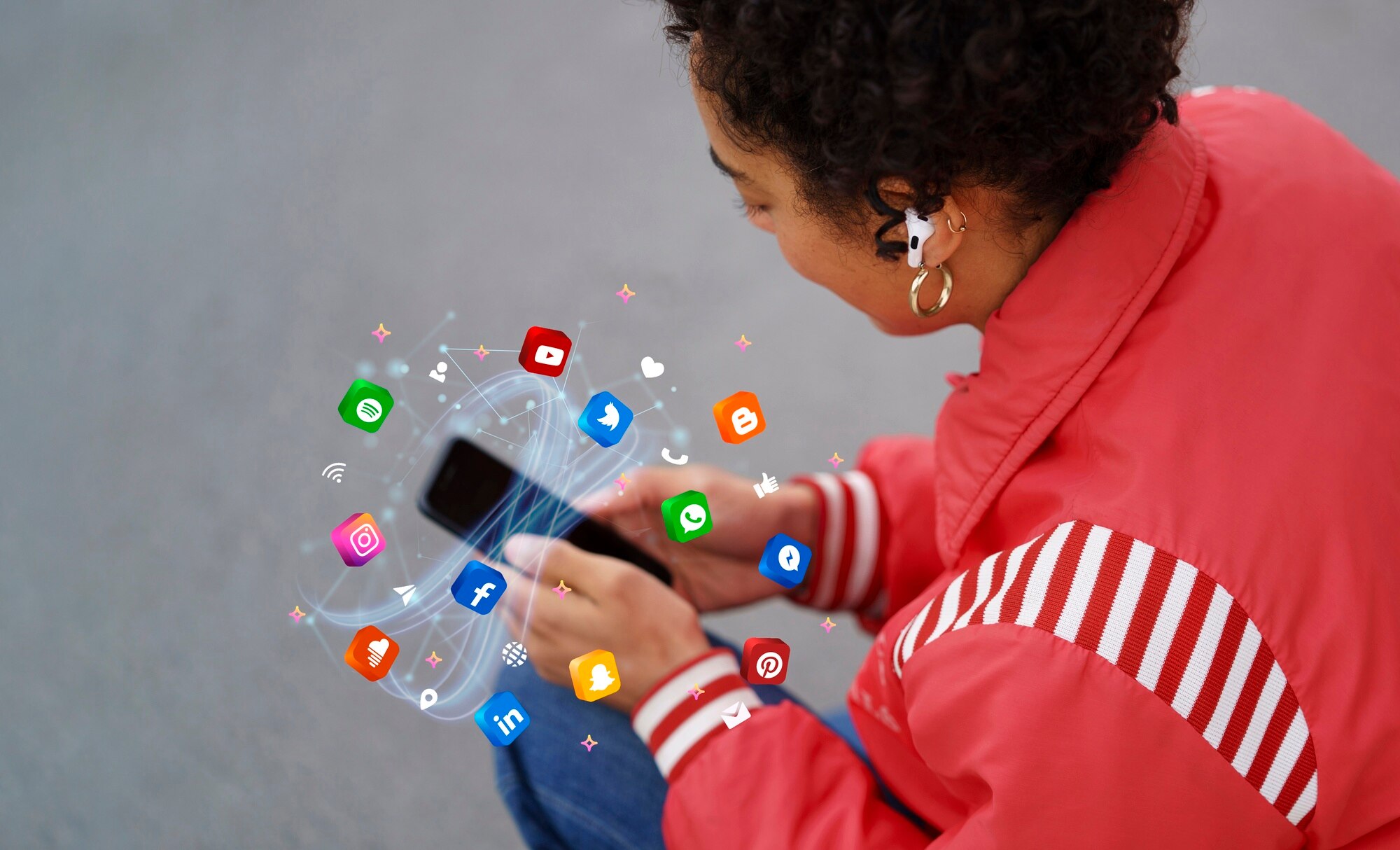In our hyper-connected world, it’s easy to feel overwhelmed by the constant barrage of notifications, emails, and social media updates. The digital age, while offering incredible benefits, can also take a toll on our mental well-being. A digital detox, a period of time spent reducing or abstaining from digital devices, can be a powerful tool for reclaiming your mental health and finding balance.
Why Consider a Digital Detox?
- Reduced Stress and Anxiety: Constant connectivity can lead to heightened stress levels. A digital detox allows you to disconnect from the pressures of online life and find a sense of calm.
- Improved Sleep: The blue light emitted from screens can disrupt sleep patterns. A digital detox, especially before bed, can promote better sleep quality.
- Increased Focus and Productivity: Distractions from social media and notifications can hinder focus and productivity. A digital detox can help you regain concentration and get more done.
- Enhanced Real-Life Connections: Spending less time online allows you to engage more fully in real-life interactions and strengthen relationships.
- Improved Mood and Emotional Well-being: Constant comparisons and curated content on social media can negatively impact self-esteem and mood. A digital detox can help you reconnect with yourself and appreciate the present moment.
- Reduce Digital Overload: Our brains are not designed to handle the constant influx of information we receive from digital devices. A detox can help to reduce that overload.
How to Conduct a Digital Detox:
- Start Small: Begin with short periods of time, such as a few hours or a day, and gradually increase the duration as you become more comfortable.
- Set Clear Boundaries: Define specific times and activities for your digital detox. For example, you might decide to turn off notifications during meals or avoid using your phone before bed.
- Identify Your Triggers: Recognize the situations or emotions that lead you to excessive digital use. Once you identify your triggers, you can develop strategies to avoid them.
- Find Alternative Activities: Replace screen time with activities that bring you joy and relaxation, such as reading, spending time in nature, or engaging in hobbies.
- Communicate with Others: Let your friends and family know that you’ll be taking a digital detox so they don’t worry about your absence.
- Use Tools and Apps: There are apps that help you monitor screen time, block distracting websites, and schedule digital detox periods.
- Be Mindful of Your Usage: Even when you’re not on a full detox, be mindful of how you’re using technology. Set boundaries and prioritize real-life interactions.
Serene Hospital and Digital Well-being:
At Serene Hospital, we recognize the importance of digital well-being in maintaining mental health. We encourage our patients to develop healthy relationships with technology and offer support for those struggling with digital overload.


